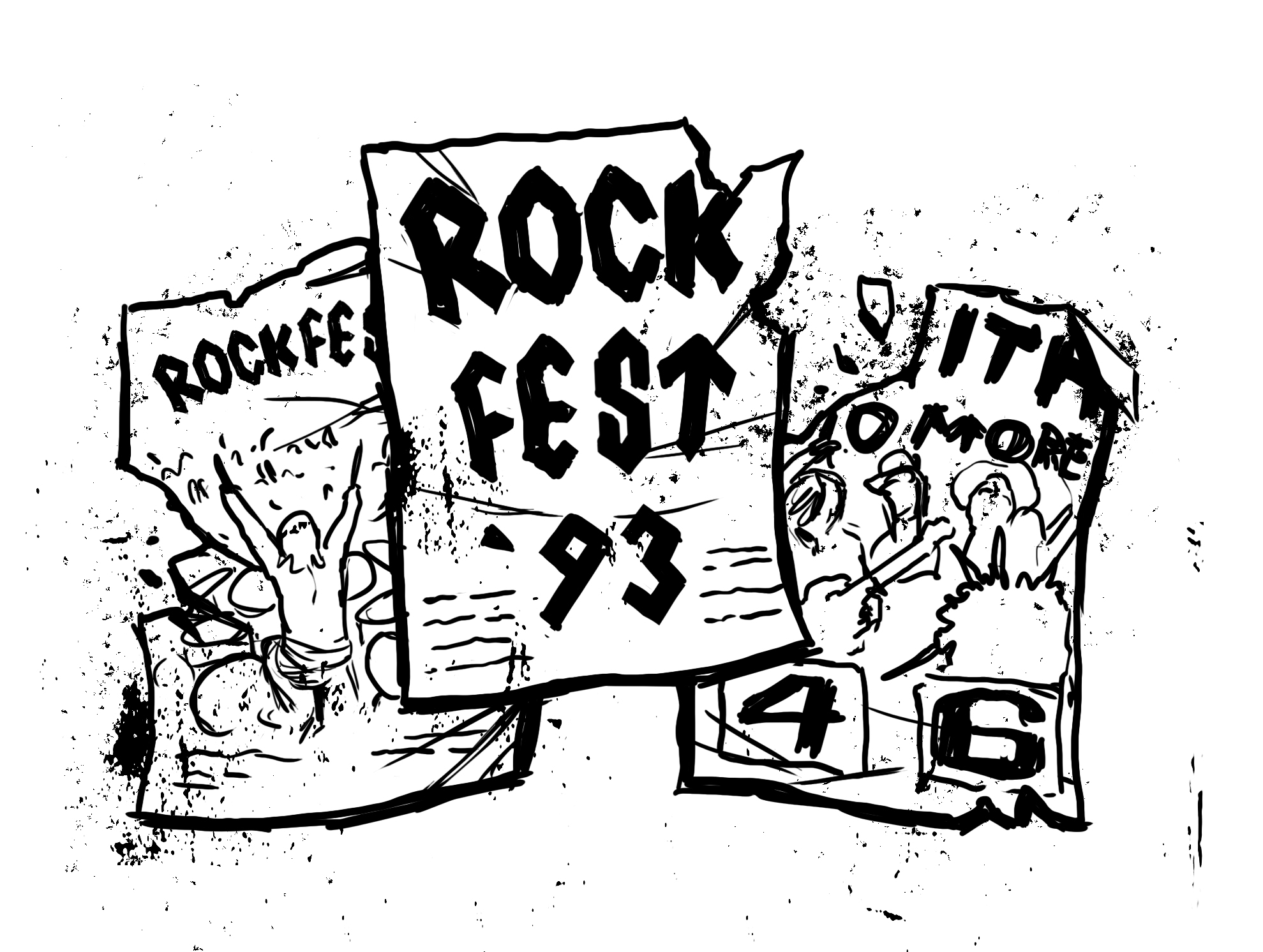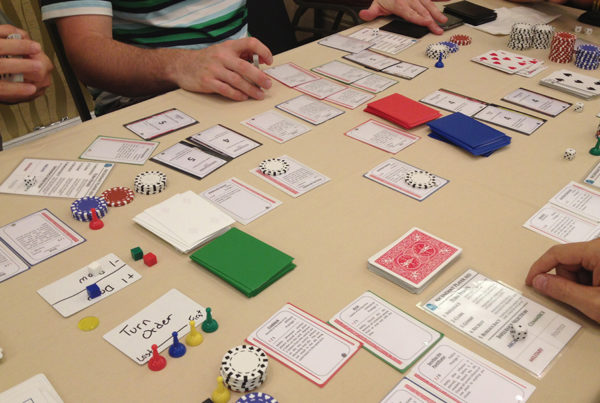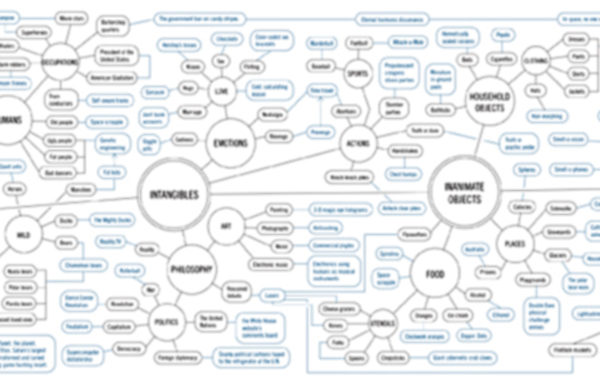Here at Accidental Cyclops, we spend a lot of time thinking about words.
Sexy, right?
Designing a game takes a lot of thought about how to present ideas, often complex or abstract ideas. Many of the ideas we are working on require a shared understanding about what specific words or phrases mean. And let’s not even get into the ins and outs of grammar and syntax…
Unfortunately, our primary language is English, which is perhaps one of the hardest to master languages in the world. No joke. Learning English is a serious undertaking. The worst part is, depending on where you are from, your level of education and a number of other factors, your understanding of English might be different from other people.
Most of the game designs we are currently pursuing are somewhat language intensive. Princes (a game that we’ve named and renamed a dozen times), in particular, has some moderately high English understanding requirements. One of the most daunting challenges thus far has been agreeing, even amongst our own design team, how to phrase some of the concepts and interactions that Ascendant creates. Some cards have as few as five or six words on them, and while phrasing those cards internally is not overly challenging, it becomes difficult when combined with any number of the other 150 cards.
It is almost like writing a series of hundreds of if-then-else statements when coding. It also reminds me of the logic puzzles found on the LSAT. Neither is much fun…
Anyway, the point is that we’ve put in a ton of time creating a game that we believe is fun and that our testers have really enjoyed thus far, but we have mostly relied on the intention of cards/abilities rather than the true meaning of the words we’ve used to describe those cards/abilities.
Now we’re in that uncomfortable phase of polishing the language on more than 150 cards. It leads to a lot of disagreement. “That doesn’t mean what you think it means,” or “If you say it that way it will really mess up these other 12 cards we just wrote.“
It isn’t sexy, rewriting the same card a dozen times, but in the end, we know that getting the language just right will make the experience smoother and more enjoyable for our players. Hopefully, putting in this time up front will reduce the need for errata or lengthy explanations in the rulebook.
How have you managed to circumvent the language conundrum? What games have nailed it, in your opinion?




